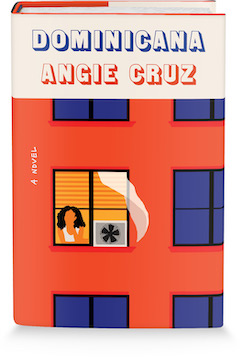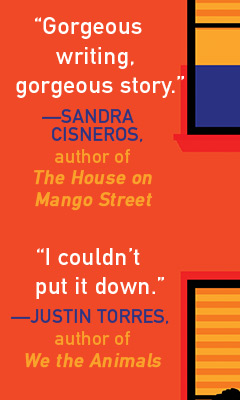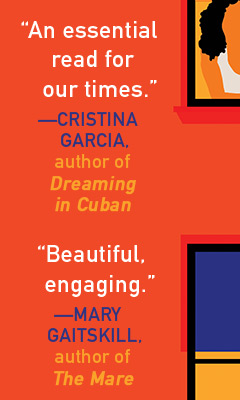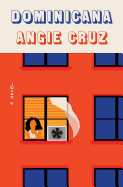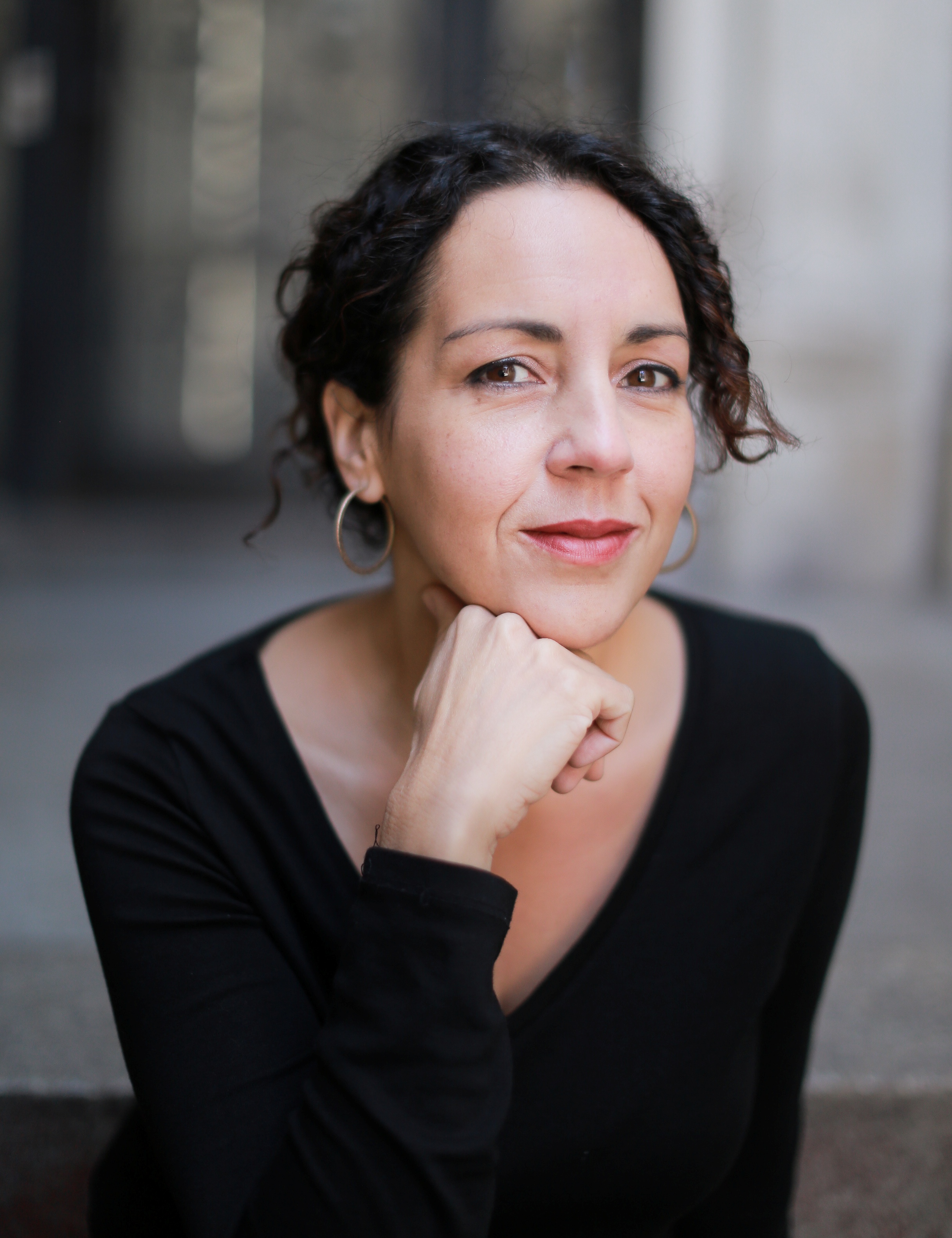Dominicana
by Angie Cruz
In Dominicana, Angie Cruz presents a heart-wrenching story of immigration, womanhood and what it means to be American, set against the backdrop of 1965 Washington Heights.
Teenager Ana wants to stay with her family in the Dominican countryside and fall in love someday. But when Juan Ruiz, a man twice her age, with "pockets full of dollars" from his business enterprises in New York, proposes to her, her family obliges her to marry him and leave for America. There, they reason, she will be able to send money back home and eventually have the whole family join her in the United States. "Do I really have a choice?" she wonders, "What kind of future waits for me or my brothers if I stay?"
Overnight, 15-year-old Ana is transformed with falsified papers into the 19-year-old Ana Ruiz, and bound for a small apartment in Washington Heights, in upper Manhattan. In her new life, she is trapped in a loveless marriage with a man who becomes increasingly abusive, confined to their apartment and cut off from the neighborhood around her by both her husband's strict rules and her inability to speak English. But when Juan returns to the Dominican Republic to protect his assets there in the face of increasingly violent political turmoil, Ana discovers a new side to American life: English classes, visits with neighbors, trips to Coney Island and maybe even love.
Across the pages of Dominicana, Cruz (Soledad; Let It Rain Coffee) expertly unpacks the world of 1965 Washington Heights, a neighborhood on the brink of change as Dominicans settle in a historically Jewish, German, Irish neighborhood. But inside this multicultural world is the close-knit Dominican community that Ana catches occasional glimpses of. While New York bustles on, letters and updates from Juan and family members back home provide stark contrast between a land of opportunity--albeit with its own set of challenges--and the increasingly politically charged and dangerous atmosphere in 1965 Dominican Republic.
Most persistent, though, is the contrast inherent in Ana herself, whose character develops with care and nuance as Dominicana unfolds. The novel is a coming-of-age story, though not a typical one. Ana is just 15 when she is thrust unceremoniously into an adult life in another country, the "ravenous world" that waits for her, cut off from her family and friends and everything she knew as a child. She is naive and unsure of herself in a way that only teenage girls can be. But she is also mature in many ways, in part because she is forced to be, handling her new situation with a poise that many adults would find impossible.
Cruz captures the balance between this naivety and maturity, the tension between a young girl and a grown woman, as Ana develops over the course of the novel. She wonders to herself what she could possibly know about loving a man while lying to her husband that, yes, of course she loves him; her surprise over finding herself pregnant contrasts with her understanding of the kind of power that will give her over her abusive husband; a young girl's giddiness over an opportunity to shop for new clothes couples with a chance to prove a point to herself and to Juan in the process. All her life, Ana has been taught to pretend: pretend to be strong, pretend to be happy, pretend to be interested, pretend to be in love with her husband or face the consequences. "If I pretend enough, maybe it will feel true," she tells herself, until she tires of pretending and her real world, her interior world, bursts out into the open.
Though Ana's story is far from uplifting, it is this transformation, the fusing of the naive young girl and the powerful woman visible within her, that keeps Dominicana from wallowing in despair. As Ana finds the strength to soldier on against what many would consider unspeakable odds, Cruz finds hope to share with readers amidst the bleakest of circumstances. Dominicana evolves to become a story about what it means to be a strong woman in a world that would prefer a quiet girl; a story about balancing duty to one's family with a duty to one's self; a story about crafting a life of opportunity against a backdrop of foreign entities and an unknown language. It is not a universal story about immigration--indeed, it the novel is particular to the Dominican immigration of the 1960s, as suggested by its title. But despite its specificity, Dominicana is a story that can speak to the experience of immigrant women across culture, time and place. --Kerry McHugh



